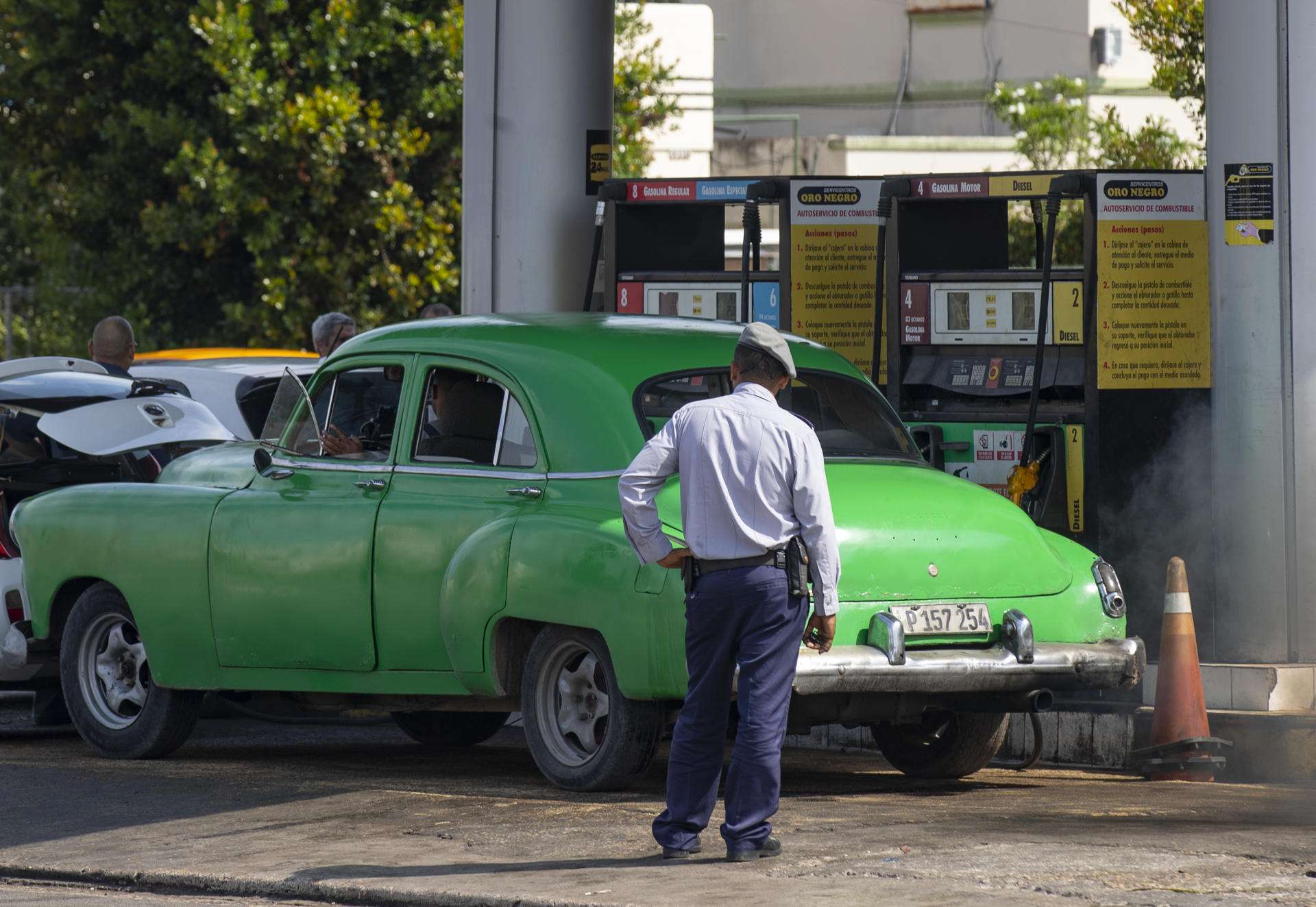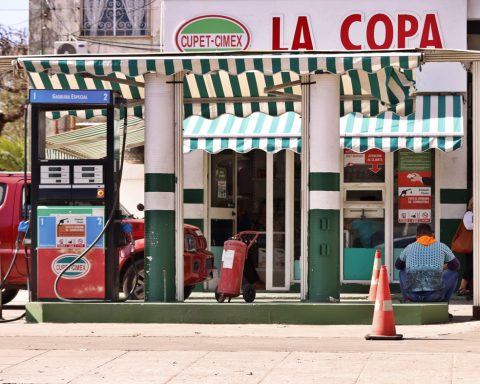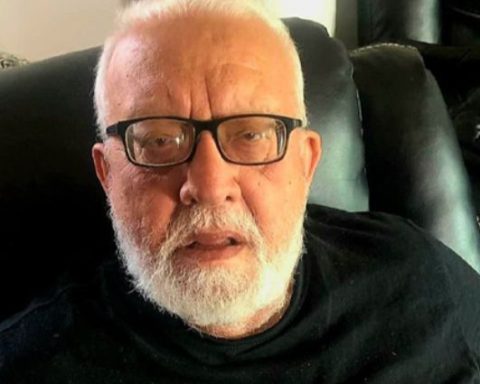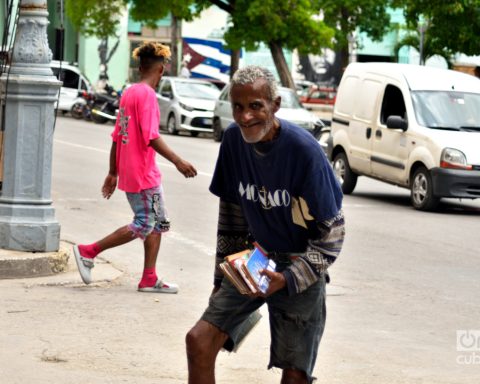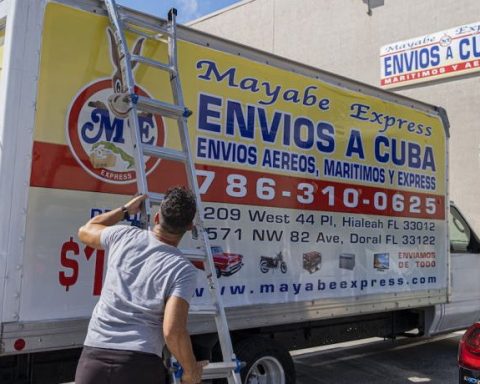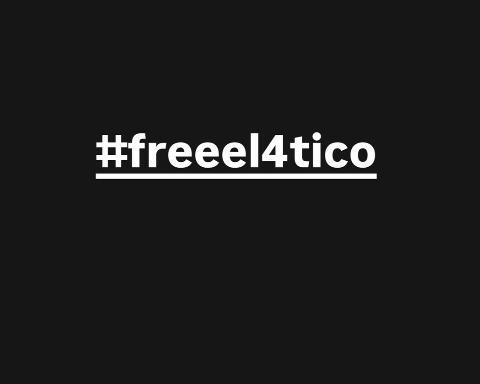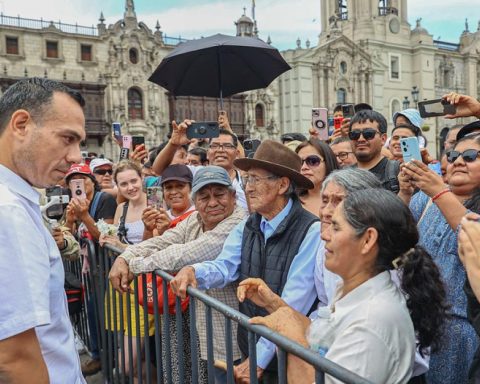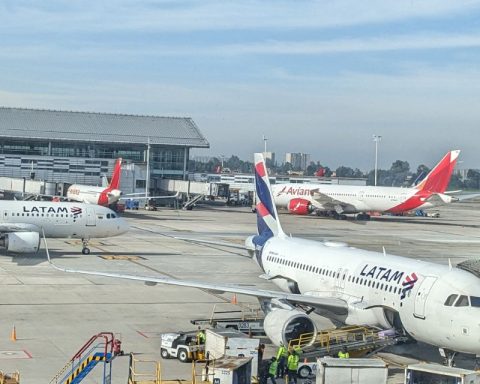President Miguel Diaz-Canel assured this Friday that problems with suppliers are the main cause of the current crisis of fuels that the country has been facing for almost two weeks.
During his speech at a partisan meeting in the province of Villa Clara, the president said that the countries that usually supply this fuel “are also going through a complex energy situation” and have not been able to fulfill the commitments made.
Díaz-Canel’s statements are the first reactions from the Government after the shortage broke out throughout the country, with long lines of cars at the few gas stations that have had fuel availability and that have been forced to take actions for your sale.
The Cuban President recognized that currently the country does not have the availability normally necessary for its operation, which ranges between 500 and 600 tons of fuel per day.
“At the moment we are with coverage of about 400 tons for all activities in the country on a daily basis,” he said before acknowledging that his government is still unclear on the formula to overcome this situation.
In the case of diesel, the president explained that a ship loaded with this fuel broke in the province of Santiago de Cuba, so it could not be unloaded on time and that caused a delay in distribution to other ports on the island.
In addition, he explained that the current availability has been directed to distributed electricity generation, taking into account that several of the most important thermoelectric plants in the country are stopped due to breakdowns or scheduled maintenance.
Cuba returns to exceed 500 megawatts due to electricity generation deficit
In this sense, he said that the increase in the electricity generation deficit experienced in recent days is related to the effects on the diesel supply, which has not been able to reach the blocks in charge of this type of generation on time.
The Unión Eléctrica (UNE) has reported in recent days an increase in the affectations to the service that exceeds 500 megawatts in the hours of maximum demand, figures that have not been reached since the end of last March.
Although the country uses part of the national crude for electricity generation, it imports large volumes of all kinds of fuels to guarantee the functioning of the economy and social life, especially from Venezuela and Russia, nations that for various reasons have reduced their shipments. to the island.
